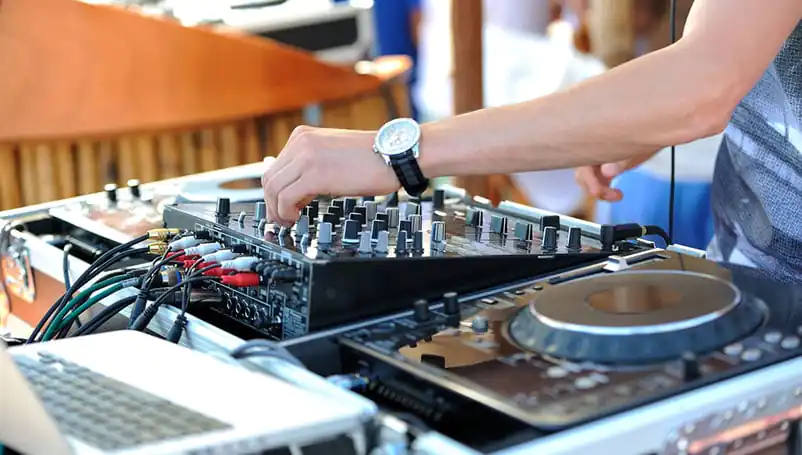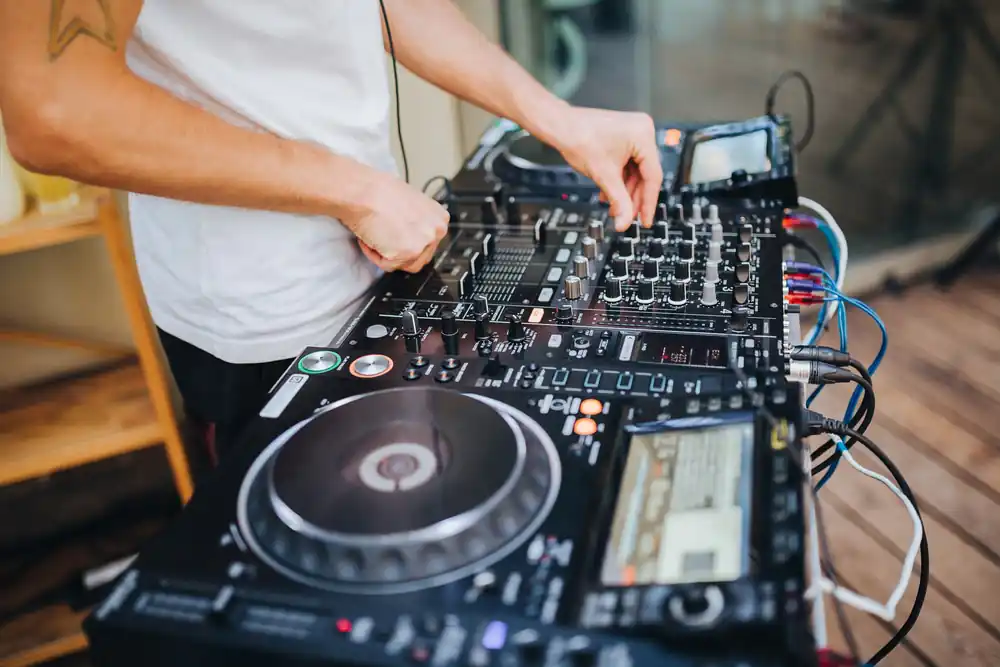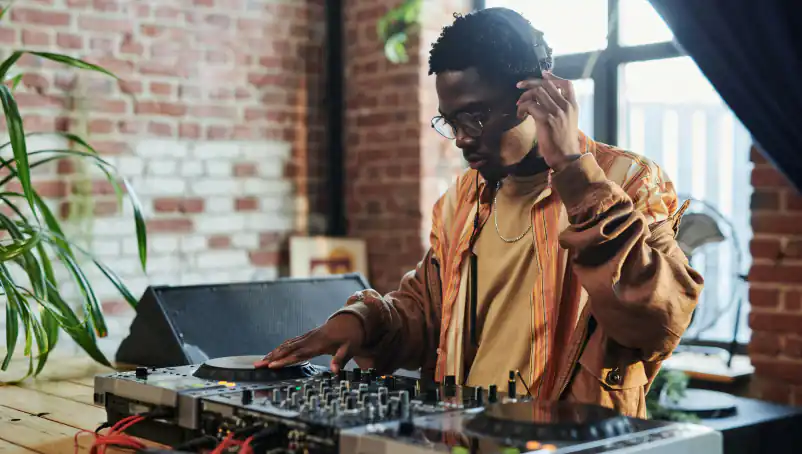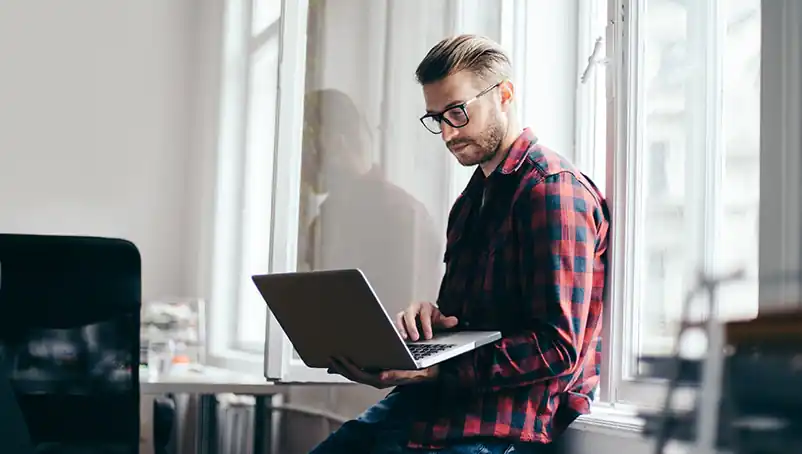What is a public performance license?
As a music lover, you already know that music is copyrighted material. Just like a book or a movie, songs are protected by law. So, when you play music in a public setting as part of your business, whether at a party, a bar or a festival, music licensing becomes more complicated, and you need permission from the copyright owners.
So even if you’ve paid for all your music (as opposed to downloading it illegally), you’ll need to license it to use it for an event or in a public venue. That’s where public performance licenses come in. These licenses allow you to perform copyrighted music publicly.
Licenses are typically obtained through Performing Rights Organizations (PROs) like ASCAP (American Society of Composers, Authors, and Publishers), BMI (Broadcast Music Incorporated), and SESAC (Society of European Stage Authors and Composers).
Why do you need a license?
By obtaining a public performance license, you ensure legal compliance and contribute to the music industry.
- Legal compliance: It’s the law. Performing music without a license can lead to legal trouble and hefty fines.
- Supporting musicians: Licensing fees help support the creators of the music you love.
It boils down to copyright law, which protects original works of authorship, including musical works, sound recordings and lyrics. Performing copyrighted music without a license can lead to legal action and potential fines — and it’s not just for big-name artists and producers.
Additionally, using portions of copyrighted songs (aka sampling) in your mixes without proper authorization can be considered copyright infringement. Furthermore, bootlegging (recording and distributing live performances or remixes without permission) is illegal.
Do I really need to get a performance license?
You might wonder, “Do I really need a public performance license?” The short answer is: Yes, better safe than sorry.
In most cases, taking care of this public music license is not the DJ’s responsibility. The venue where you’re performing should take care of getting a license, and they should not shift this responsibility to you. However, you may want to be informed and proactive, particularly in venues that don’t usually host musical events.
Why should you care?
Even if getting a public performance license is not your direct responsibility, it’s worth paying attention to and ensuring they have a proper license since it affects your livelihood and reputation.
- Legal liability: Performing without a license can lead to legal trouble and hefty fines.
- Professionalism: Demonstrating licensing knowledge shows you’re a serious and responsible business owner.
- Relationships with venues: By understanding the licensing process, you can build stronger relationships with venues and promoters.
Remember, while the specific licensing requirements can vary depending on your location and the type of performance, it’s always best to err on the side of caution and obtain the necessary licenses.







